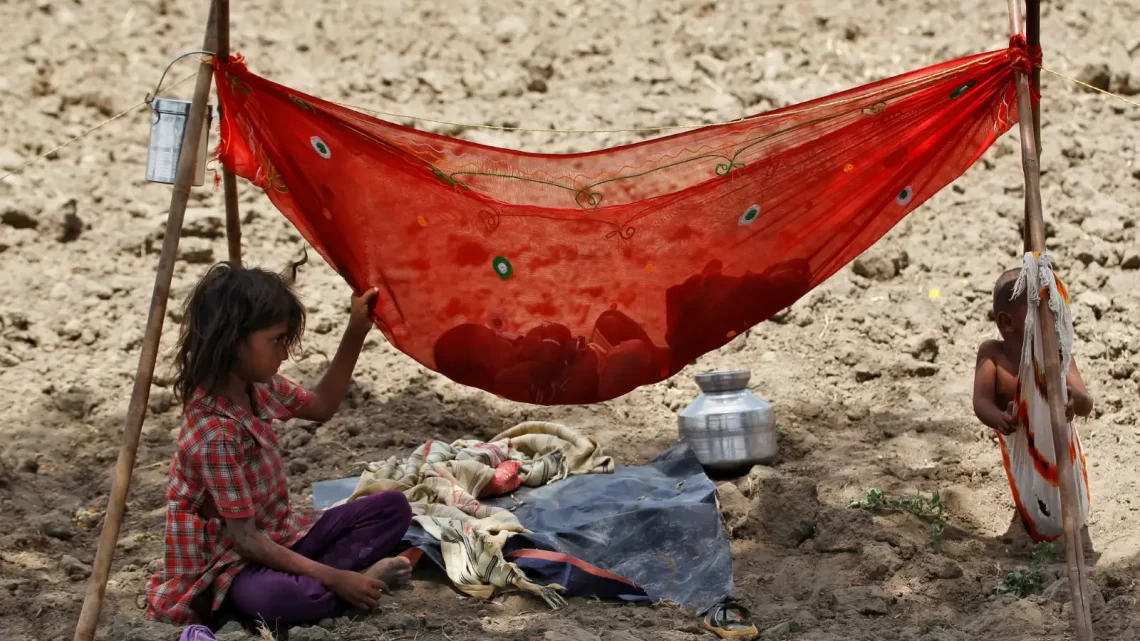
Indian Government False Claims of Poverty Reduction
January 17, 2024In a recent report, the Indian government think tank, NITI Ayog, declared a significant achievement, asserting that 24.8 crore people in India had been lifted out of multidimensional poverty in a span of nine years, up to 2022-2023. The report highlighted a substantial decline in multidimensional poverty from 29.17% in 2013-14 to 11.8% in 2022-23, with 24.82 crore individuals escaping poverty during this period. Furthermore, at the state level, Uttar Pradesh led with 5.94 crore people escaping poverty, followed by Bihar at 3.77 crore and Madhya Pradesh at 2.30 crore.
Despite these seemingly positive figures, experts have raised serious doubts about the methodology employed by the Indian government, particularly the use of the Multidimensional Poverty Index (MPI) to make such claims. Retired Indian Economic Services Officer K.L. Datta dismissed the use of MPI, stating that policymakers do not use it to set targets. Datta emphasized that MPI does not adequately represent poverty and accused the government of attempting to present MPI estimates as a substitute for the poverty ratio.
Economist and Rights Activist Jean Dreze also expressed reservations about the MPI, pointing out its failure to include any indicator of short-term purchasing power. Dreze’s critique raises concerns about the comprehensiveness of the MPI in capturing the intricacies of poverty, suggesting that it may fall short in accurately reflecting the economic conditions of the population.
Adding to the skepticism, Economist and Former Vice-Chancellor of Calcutta University, Asis Banerjee, asserted that MPI could not be considered a suitable measure of poverty. Banerjee’s viewpoint highlights the limitations of MPI in providing an accurate and comprehensive representation of poverty, further questioning the credibility of the government’s claims.
The doubts cast by these experts gain additional significance when considering India’s global standing in terms of hunger. According to a report released by two European agencies on October 12, 2023, India was ranked 111 out of 125 countries in the Global Hunger Index. This ranking contradicts the Indian government’s assertion of significant poverty reduction, raising concerns about the effectiveness of the measures taken to address hunger and poverty.
As a whole, while the Indian government’s claims of poverty reduction based on the MPI seem impressive on the surface, expert opinions and global indices cast doubt on the reliability of these assertions. The need for a more comprehensive and accurate measure of poverty remains evident, calling for a critical reevaluation of the methodologies used in such reports to ensure transparency and reliability in addressing poverty-related issues in the country.

